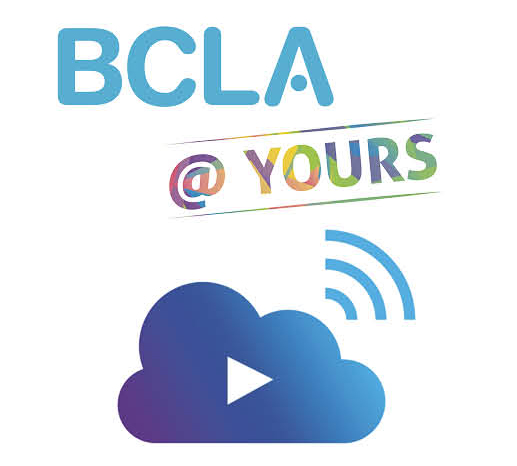
BCLA Focus On Demand
The Vox Conference Centre | Birmingham | 11 - 12 June 2022
All two days of sessions from the main Lecture Track are now available for viewing on-demand at your convenience.
The video recordings are available to view on-demand for BCLA Focus registrants only.
Simply follow the instructions below to view the Lecture Track recordings, which will be available for 12 months.
Please note that CPD is not currently available for watching on-demand lectures.
How to view an on demand lecture
- Login to your BCLA account
- Click the BCLA Focus lecture you would like to view (see list of videos below)
- Add your chosen lecture to your shopping cart
- Go to your shopping cart (top right hand corner of your screen) to submit order and complete the purchase (zero cost)
- Once your order is confirmed, go to your profile by clicking on your name in the top right hand corner of your screen
- Click onto the 'Learning' tab, then 'Access my learning area' as shown in screen shot below. This will take you to the BCLA Learning Platform where you can view the BCLA Focus lecture(s)

BCLA Focus Recordings
